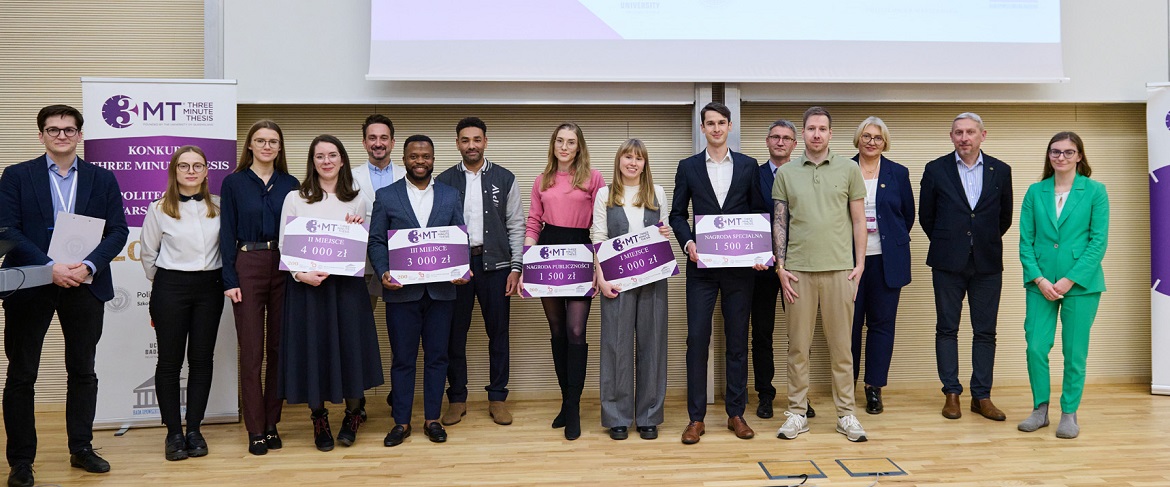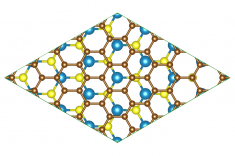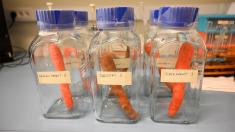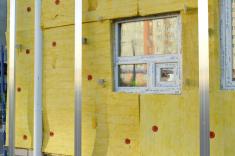Efforts to better utilise 2D materials continue. In their latest study published in “Acta Materialia”, our physicists examined unique structures just three atoms thick: molybdenum disulphide (MoS₂) and tungsten disulphide (WS₂). By applying a graphene layer, they aimed to determine how the physical properties of these structures would change.
Can plants warn about disease before symptoms appear? Thanks to research by a team lead by Małgorzata Wesoły PhD at the Warsaw University of Technology, analysing plant and soil odours could revolutionize agricultural diagnostics. Discover the fascinating world of volatilomics and its applications in crop protection.
An interdisciplinary team of computer scientists, physicists, and political scientists from the Warsaw University of Technology and the University of Warsaw has published a paper in the Journal of Informetrics analysing how publication authors' affiliation with major technology and IT corporations (commonly known as Big Tech) impacts the transfer of ideas in science.
A research team consisting of scientists from the Warsaw University of Technology and the Warsaw University of Life Sciences (SGGW) has begun work on the identification of metabolic and structural changes in tissues of overloaded joints in sport horses. In the future, research findings may help to prevent the occurrence of osteoarthritis (OA).
Researchers at the Faculty of Material Science and Engineering of the Warsaw University of Technology are investigating the possibility of producing insulation foams from the residues of post-consumer PUR insulation foam waste, obtained from the dismantling of refrigerators, freezers, and other refrigeration equipment.








